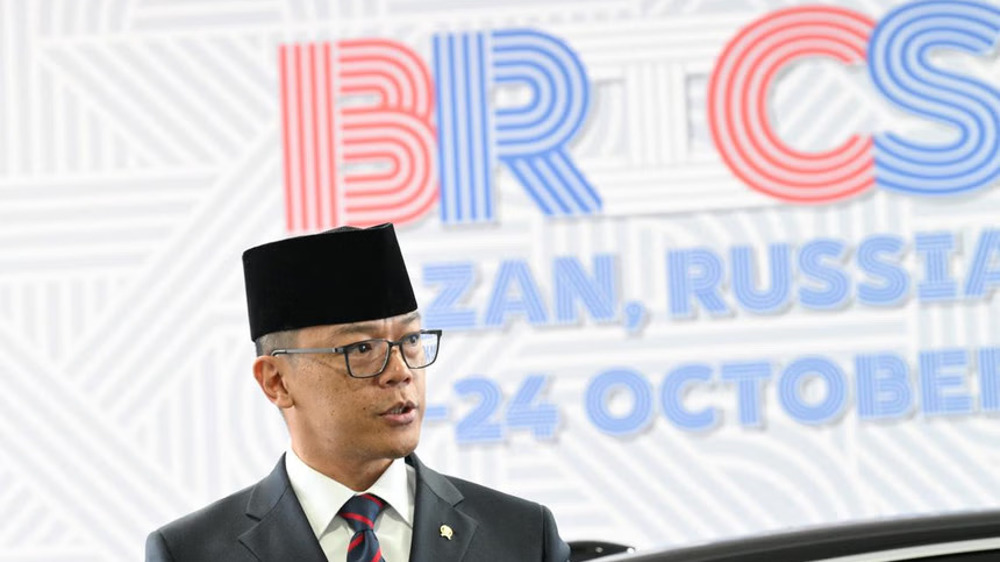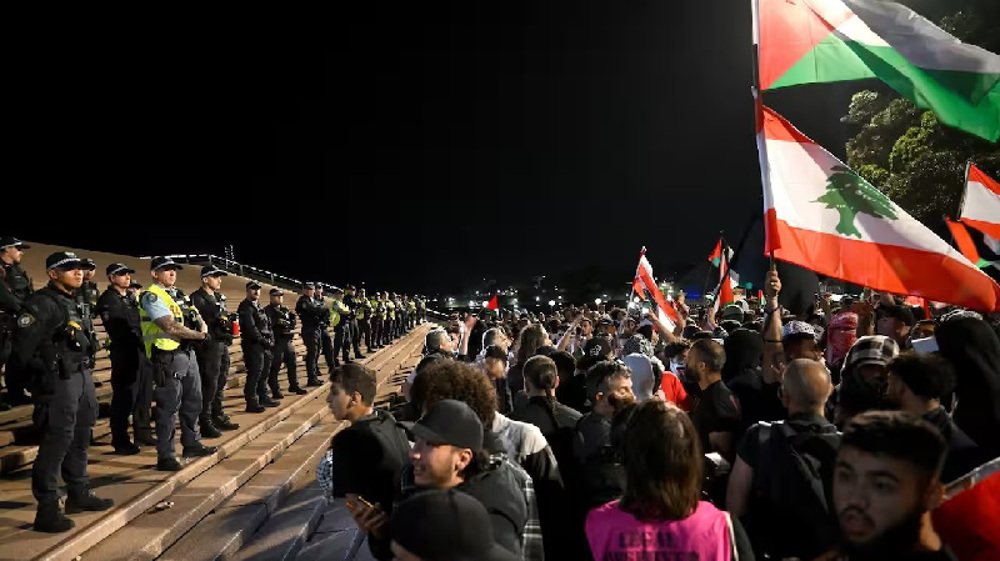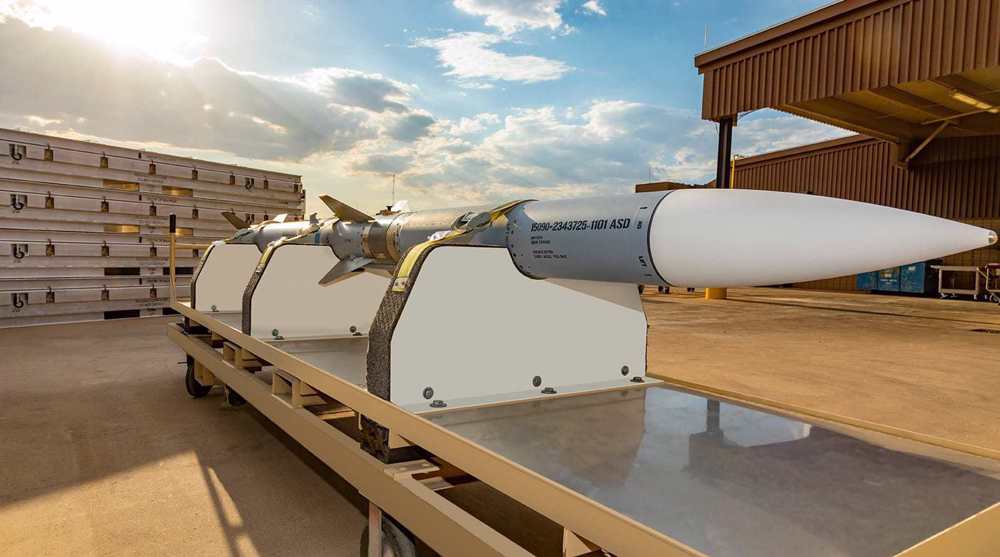Australia resists pressure to allow refugees in
Australia brushes off demands for the country not to send refugees back to detention camps in remote islands, saying their stay only encourages more asylum seekers to try to reach the country by boat.
Immigration Minister Peter Dutton said on Thursday that 267 refugees transferred to the country for medical treatment would be returned to the tiny island of Nauru as soon as they are treated.
He made the remarks after the UN called on Canberra to refrain from the decision and allow the asylum seekers to remain onshore.
Hundreds of Australians protested on Thursday outside the Sydney offices of the Department of Immigration, with more rallies planned in cities across the country.
Church leaders said they would offer sanctuary to asylum-seekers, vowing to defy the government's harsh immigration rules.
In a statement, the UN said it was "very concerned" for the group facing transfer to the island and noted that most of them are in a fragile physical and mental state.

UN high commissioner for refugees spokesman Rupert Colville said, “Nauru is not a safe or appropriate environment to send vulnerable people, especially children."
"We believe that transferring these 267 individuals... would put Australia at risk of breaching its obligation not to return any person to cruel, inhuman or degrading treatment under the Convention against Torture."
Australia denies settlement to refugees attempting to reach the country by boat. Their boats are intercepted and sent to the remote islands of Christmas and Manus in Papua New Guinea and Nauru in the South Pacific, where they are kept in reportedly inhumane conditions.
The camps have been widely criticized by human rights agencies for harsh conditions and reports of systemic child abuse. The government said this week it was investigating a doctor's report that a 5-year-old boy currently in Australia had been raped on Nauru.
However, the Australian High Court defended on Wednesday Canberra's refugee policy as it rejected a legal test case brought on behalf of the 260 people against being deported to Nauru.

The group includes 37 babies born in Australia and 54 other children, who are currently in the country for medical care.
Colville criticized the ruling, saying the decision “greatly concerns us as these children and their families face a great risk in being sent to a place that cannot be considered safe nor adequate.”
He said at least 12 women and one child have suffered sexual assault or harassment in Nauru.
A recent medical report released by the Australian Human Rights Commission said 95 percent of children held in detention centers showed risks of post-traumatic stress disorder.
According to the report, children were among the most traumatized they had ever seen.
"We were deeply disturbed by the numbers of young children who expressed intent to self-harm and talked openly about suicide and by those who had already self-harmed," read the report.
Jan. 15: ‘Axis of Resistance’ operations against Israeli occupation
VIDEO | US fires: Criticism mounts over govt. failure to respond
VIDEO | Fears, hope in Gaza amid intensified ceasefire efforts
VIDEO | Press TV's news headlines
Hamas: Ceasefire agreement result of steadfastness, resistance in Gaza over 15 months
Hamas thanks Iran, Resistance Front following achievement of ceasefire in Gaza
'Capitulation': Israeli officials and media concede Gaza defeat as truce unfolds
'Gaza has won': Social media users react to ceasefire with mix of relief, joy













 This makes it easy to access the Press TV website
This makes it easy to access the Press TV website